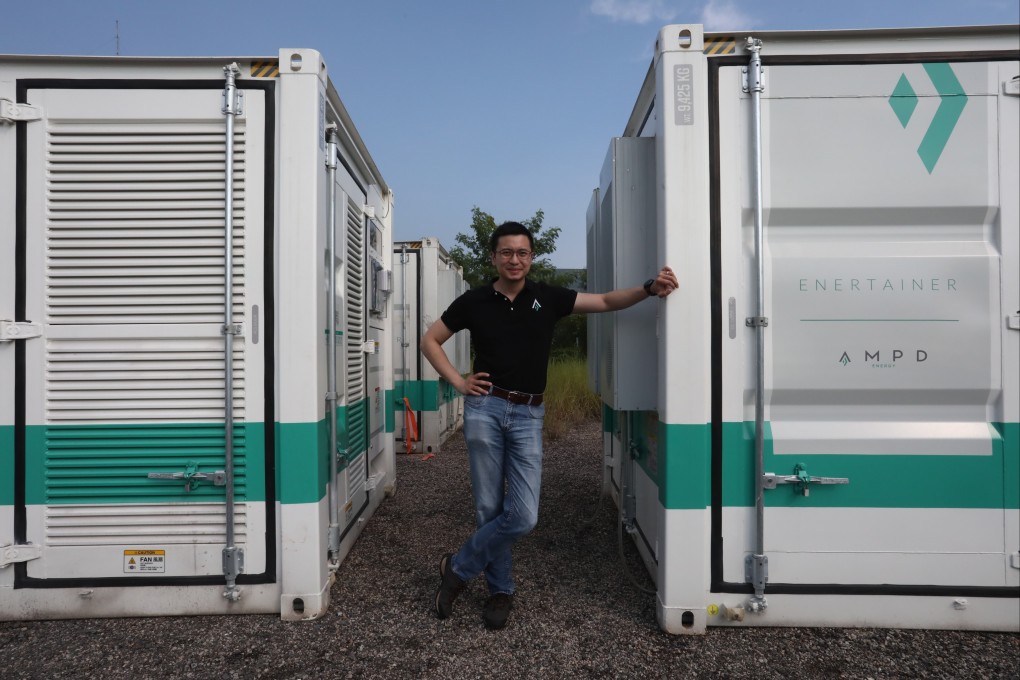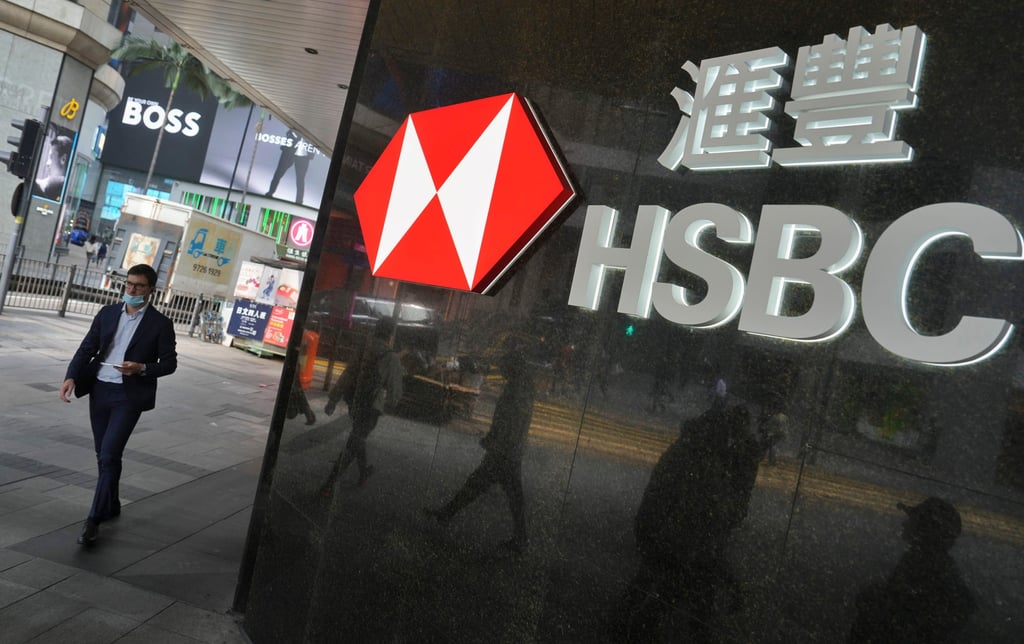Advertisement
Climate change: HSBC grants first green loan in Hong Kong to tech firm Ampd Energy
- The lender has provided an US$8 million two-year loan to Ampd Energy, to fund its giant batteries deployed at construction sites
- Loan shows how the financial sector can play an active role in unlocking the potential of green technology innovation, HSBC executive says
Reading Time:3 minutes
Why you can trust SCMP

HSBC has granted its first green loan to a climate-mitigation technology firm in Hong Kong, as part of its efforts to fight global warming by financing clients’ emissions reduction projects.
The London-headquartered lender has provided an US$8 million two-year loan to Ampd Energy, to fund its giant batteries deployed at construction sites. The batteries help construction firms and property developers slash their carbon footprints by cutting diesel generator use.
“The loan deal demonstrates how the financial sector can play an active role in unlocking the potential of green tech innovations in the city,” Frank Fang, HSBC’s head of commercial banking for Hong Kong and Macau, said in a statement on Wednesday.
Advertisement
The loan comes after Hong Kong Financial Secretary Paul Chan Mo-po last week announced five initiatives to foster innovation and facilitate fundraising for projects with environmental benefits, as the government looks to transform Hong Kong into an international green technology and finance centre.

These initiatives include financial innovations and the provision of green projects certification to enhance the credibility of carbon-reduction activity, which is key for bankers making financing decisions.
Advertisement
Advertisement
Select Voice
Select Speed
1.00x